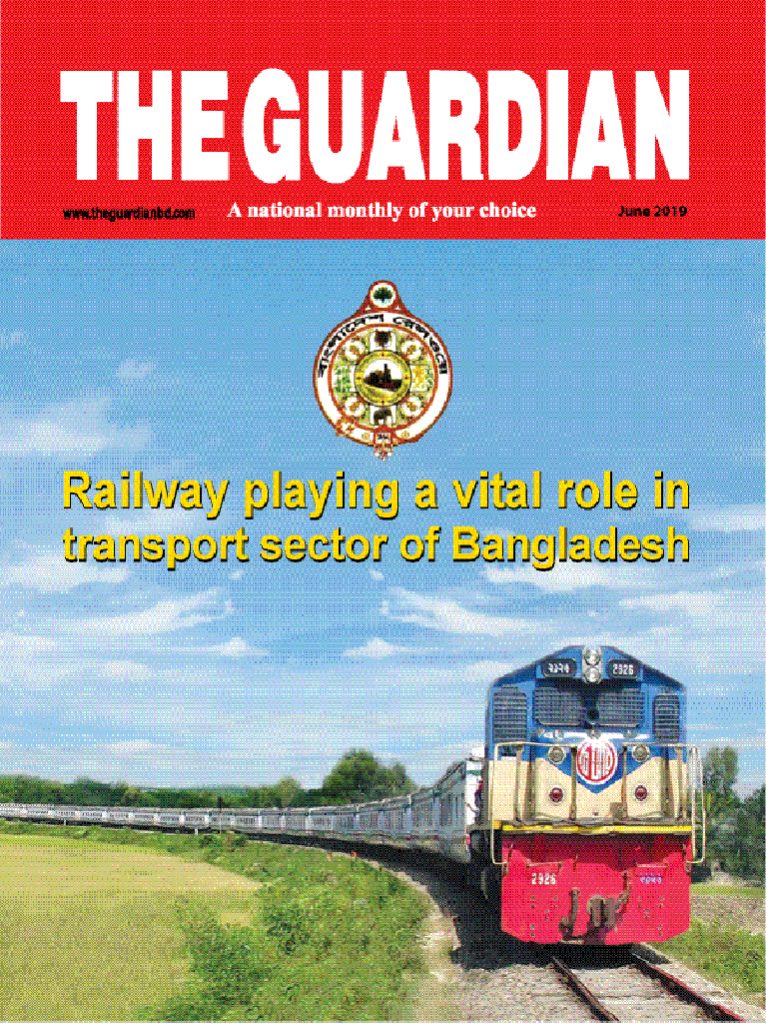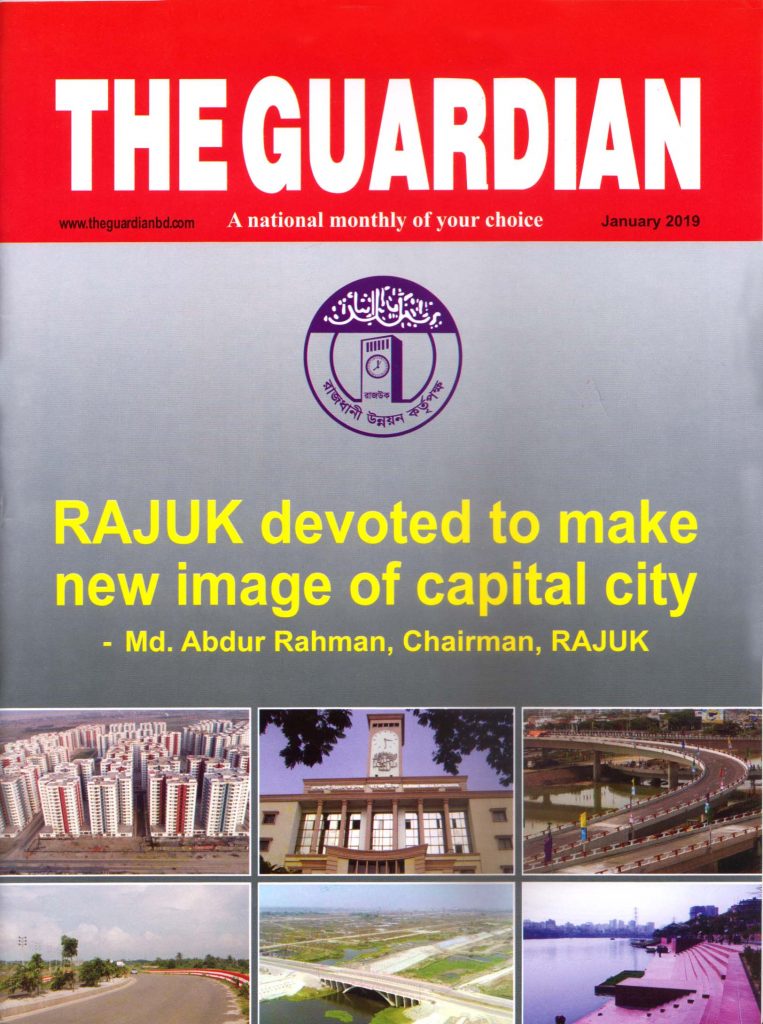EU leaders are to begin an emergency summit to decide how strongly they should respond to Russia’s troop deployment in Ukraine’s Crimea region.
Some members, particularly from Eastern Europe, press for tough sanctions, but others – led by Germany – stress mediation as way out of the crisis.
The Brussels summit comes a day after high-level talks with Russia in Paris ended without significant progress.
Pro-Russian forces are in de facto control of Crimea.
A tense stand-off continued overnight across the southern region, where Ukrainian troops remain blockaded in their bases.
In other developments on Wednesday:
- the UN special envoy in Crimea, Robert Serry, was forced to cut his mission short after he was threatened by pro-Russian armed men in Crimea’s regional capital, Simferopol
- Nato chief Anders Fogh Rasmussen said he would be conducting a “full review” of the alliance’s co-operation with the Kremlin
- there were clashes between pro-Ukrainian and pro-Russian protesters in the eastern city of Donetsk, with a number of people reported injured
‘Symbolic sanctions’
The leaders of the 28-member EU block are expected to open the emergency meeting at 10:30 GMT.
British Prime Minister David Cameron is hoping that in alliance with Sweden, Poland and other Eastern European countries he can persuade their colleagues of the need for Russian President Vladimir Putin to pay a price for the occupation of Crimea, the BBC’s political editor Nick Robinson reports.
They will push not just for the suspension of EU-wide agreements with Russia on visa free travel and energy, but also the explicit threat – though not the implementation – of targeted sanctions, he adds.
However, other countries – led by German Chancellor Angela Merkel – are believed to be pushing for mediation as the best way out of the escalating crisis.
Ms Merkel is said to be worried that tough steps may undermine attempts to start a dialogue between Russia and Ukraine and distract from the need to support the new government in Kiev both economically and politically, our editor says.
Ukraine’s new interim Prime Minister Arseniy Yatsenyuk will also be present in Brussels.
The EU summit will probably impose some fairly symbolic sanctions, like halting talks on visa or trade liberalisation, the BBC’s Chris Morris in Brussels reports.
But more substantive measures – including travel bans or asset freezes against senior Russian officials – are unlikely, our correspondent says. The idea is to offer strong support to Ukraine and simply try to keep talking to Russia.
US warning
On Wednesday, US Secretary of State John Kerry described his Paris meeting with his Russian counterpart Sergei Lavrov over Ukraine as “tough”, but promised to continue talking.
Mr Kerry said he was committed to working with Moscow to ease the crisis.
However, he stressed afterwards that that Russia’s violation of Ukrainian sovereignty “would not go unanswered”.
The talks were also attended by foreign ministers from the UK, Germany and France, but Mr Lavrov refused to meet his Ukrainian counterpart Andriy Deshchytsia, whose government Moscow does not recognise.
Mr Deshchytsia is part of the new regime in Kiev, which came to power after pro-Russian President Viktor Yanukovych fled to Russia.
Moscow regards the new government as illegitimate, and says that Mr Yanukovych is still the rightful leader.









